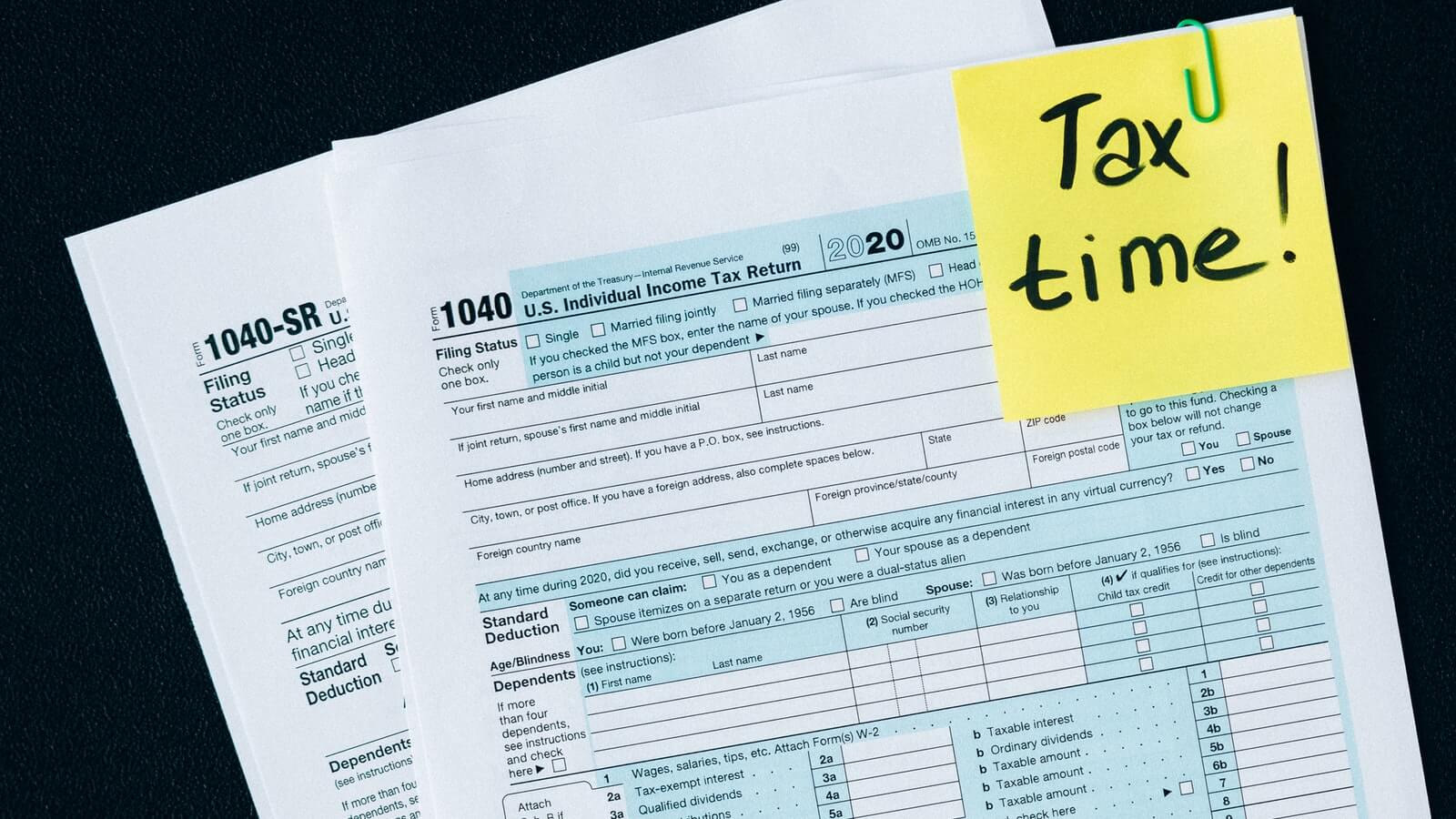If your industry requires you to pay sales tax in Florida, you need to start collecting and sending it as soon as possible. You could face penalties, interest and even audits if you don’t.
Every business owner should know if and when they have to pay sales tax in Florida. Generally, sales of a product are subject to sales tax. Sales that aren’t tangible, like professional services, generally aren’t taxable in Florida.
There are four parts to handling your sales tax in Florida:
- Registering for a sales tax certificate (Form DR-1)
- Collecting taxes
- Giving those taxes to Florida
- Filing your sales tax returns (Form DR-15)
Completing these steps correctly helps you avoid steep penalties and stay in good standing with the Florida Department of Revenue.
If you haven’t started your business yet and you know your products are subject to sales tax, you should register for a sales tax certificate right away. If you’ve already started your business and haven’t paid any sales taxes when you should have, it’s not too late to start. Following these steps will point you in the right direction — and keep you there.
Contents |
| What is sales tax? |
| Do I need to collect sales tax? |
| How to register for a sales tax certificate |
| How to collect sales tax |
| How to pay sales tax |
| Filing sales tax returns |
| Sales tax penalties |
What is sales tax?
Sales tax is a tax imposed by the state for the sale of goods and some services.
As a business owner, you’re responsible for collecting and remitting that sales tax. Collecting means charging the appropriate amount of sales tax on your products. Remitting means sending that money to the Florida Department of Revenue on time and in full.
The standard sales tax rate in Florida is 6 percent, with a few exceptions based on industry. You likely have to collect an additional discretionary sales surtax, which is just a sales tax for your county. Counties can have different rates, ranging from 0.5 percent to 2.5 percent.
Some small business owners may owe use tax in addition to sales tax. Use tax is applicable when you didn’t pay sales tax on something originally. For example, you have to pay use tax on a product you bought that was exempt from sales tax. Although sales and use tax apply in different instances, the same rules for collecting, remitting and filing returns apply to both.
Do I need to collect sales tax?
There are a couple of factors that determine whether you have to collect sales tax in Florida: nexus and your industry.
- Industry: If you’re selling any sort of good or product, then you have to collect sales tax. Some taxable transactions in Florida include retail stores, rental properties, admission charges, manufacturing and more. The Florida Department of Revenue provides a longer list on its site. Some industries, like professional services, don’t have to collect or remit sales tax in Florida. Finding out when you need to pay sales tax if you sell both products and services can be tricky — so talk to an accountant or bookkeeper if you’re not sure.
- Nexus: Nexus is a measure of how economically tied you are to the state. In Florida, you automatically have nexus if your business is physically located there. You might have nexus even if you aren’t located in Florida — anyone out-of-state who has more than $100,000 in taxable sales in Florida must collect and remit sales tax. That’s regardless of the number of transactions you have. There are additional factors that can affect your nexus, like employees you may have in the state.
| ⚠️ Note: Just like how businesses in other states may have nexus in Florida, your Florida-based business may have nexus in other states. |
How to register for a sales tax certificate in Florida
You must apply with the Florida Department of Revenue for a sales tax certificate. You’ll receive a tax ID number, which allows you to pay sales tax to the state.
You may still owe sales tax and be subject to penalties even though you don’t have a certificate. You start owing sales tax as soon as you make a taxable transaction — not when you obtain a certificate. So the longer you wait to apply for a certificate, the more in penalties and interest you may be subject to.
You can either register for a sales tax certificate online or by paper.
- Registering online: Visit the Florida Business Tax application page on the state’s Department of Revenue site. Create a profile from there. Then the site will walk you through the application process — and you can submit the application as soon as you’re done.
- Registering by paper: You can submit your application by paper by filing Form DR-1. The state has instructions for filing DR-1 that will help you with each section. You have to print this form out and complete it by hand. Once it’s finished, you mail it to the address near the bottom of the form.
It’s much easier to fill out your sales tax application online. The whole process is much faster and simpler. Your online application is likely going to be processed in just a few days. A paper application might take weeks to be processed.
How to collect sales tax
You can collect sales tax in two ways.
- The most common way is adding the exact amount of sales tax at the time of purchase. This is what you’ll see at restaurants and retail stores, for example.
- The second way is by building sales tax into your price and including it in your gross margin. This shows the customer one flat fee.
There are pros and cons to each method, so you should talk to a bookkeeper or accountant to find the best method for you. The vast majority of business owners should be opting to charge sales tax at the time of purchase.
Whichever method you use, you still need a way of finding out how much you’ve collected. One way you can do this by pulling a sales tax report on your accounting software. This calculates how much you owe based on your taxable sales.
There is also sales tax-specific software that will help calculate tax, file returns and pay the state for you. The two most popular options for this are TaxJar and Avalara.
How to pay sales tax
You can remit sales tax online at this Florida Department of Revenue site. You can see all the things you need to click on in this guide. You can also pay at the same time you file your sales tax return, which is a convenient option. The site will let you file, then ask if you’d also like to pay at the end of the process.
If you have a sales tax software like TaxJar or Avalara, they can handle remittance for you.
Filing sales tax returns
The sales tax return form in Florida is Form DR-15 (or Form DR-15EZ, a simplified version of the return) . If you file it late or incorrectly, you could pay penalties and interest. Here’s when and how to file correctly so you could avoid any added stress on top of running your business.
When to file sales tax returns
Florida sales tax returns and payments are due by the 20th of the month for sales during the previous month. So on May 20, for example, your taxes for April are due.
The frequency you file sales tax returns and remit your taxes depends on the amount you collect every year. You could end up having to file quarterly, monthly, semiannually or annually. Here’s how the Florida Department of Revenue decides how often you need to file:
| Annual sales tax collections | Return and payment filing requirement |
| More than $1,000 | Monthly |
| $501 to $1,000 | Quarterly |
| $101 to $500 | Semiannually |
| $100 or less | Annually |
But what if you’re a new business owner and not sure how much you’re going to sell? During the registration process, the state will ask you for an estimate and base your frequency off of that. After you’ve been in business for a year or so, your filing and remitting frequency might change.
How to file sales tax returns
You can file your sales tax return either online or by paper. Most small business owners opt to file online since it’s faster and easier. Here’s how to do it both ways if you don’t have a software to do it for you:
- Filing by paper (Form DR-15): The Florida Department of Revenue provides line-by-line instructions on how to file DR-15. Make sure your numbers are correct before you fill anything out. This is where having a sales tax report provided by your accounting software comes in handy. Once you fill it out and print it, you mail it to the address provided on the form.
- Filing online: Once you register to pay sales tax, you log in to the state’s sales tax payment portal. You’ll be asked for all the required information for every relevant line. There are resources available only when you e-file to help you input everything correctly, like a discretionary sales surtax worksheet that helps you make certain calculations.
Sales tax penalties
If you don’t stay on top of collecting and remitting sales tax and filing your sales tax returns, you could end up paying more than you need to. Here are the penalties to be aware of so you could avoid them:
- Late filing penalty: 10% of the tax you owe or $50, whichever is greater
- Underpayment penalty: 10% of the underpaid amount
Penalties for sales tax apply only to each period you’re required to file and pay. Interest also accumulates on the total you owe, so it’s always best to pay in full and on time. If you don’t, you could be subjected to a sales tax audit — which can be costly and stressful.
The bottom line
Collecting and remitting sales tax isn’t the most exciting thing to do as a small business owner. But in Florida, it’s one of your most important responsibilities — if you have to.
There are a few steps to handling your sales tax correctly if you’re making taxable sales: registering to pay sales tax, collecting the right amount of sales tax, remitting sales tax to Florida and filing your sales tax return.
You can complete those steps yourself, have software do it for you, or work with a bookkeeper to get it done. As long as you’re filing and paying on time and in full, it doesn’t matter how you do it.
Not sure which solution is best for you? Schedule a free call with a member of our team today to stop worrying about sales tax and run your business stress-free.








